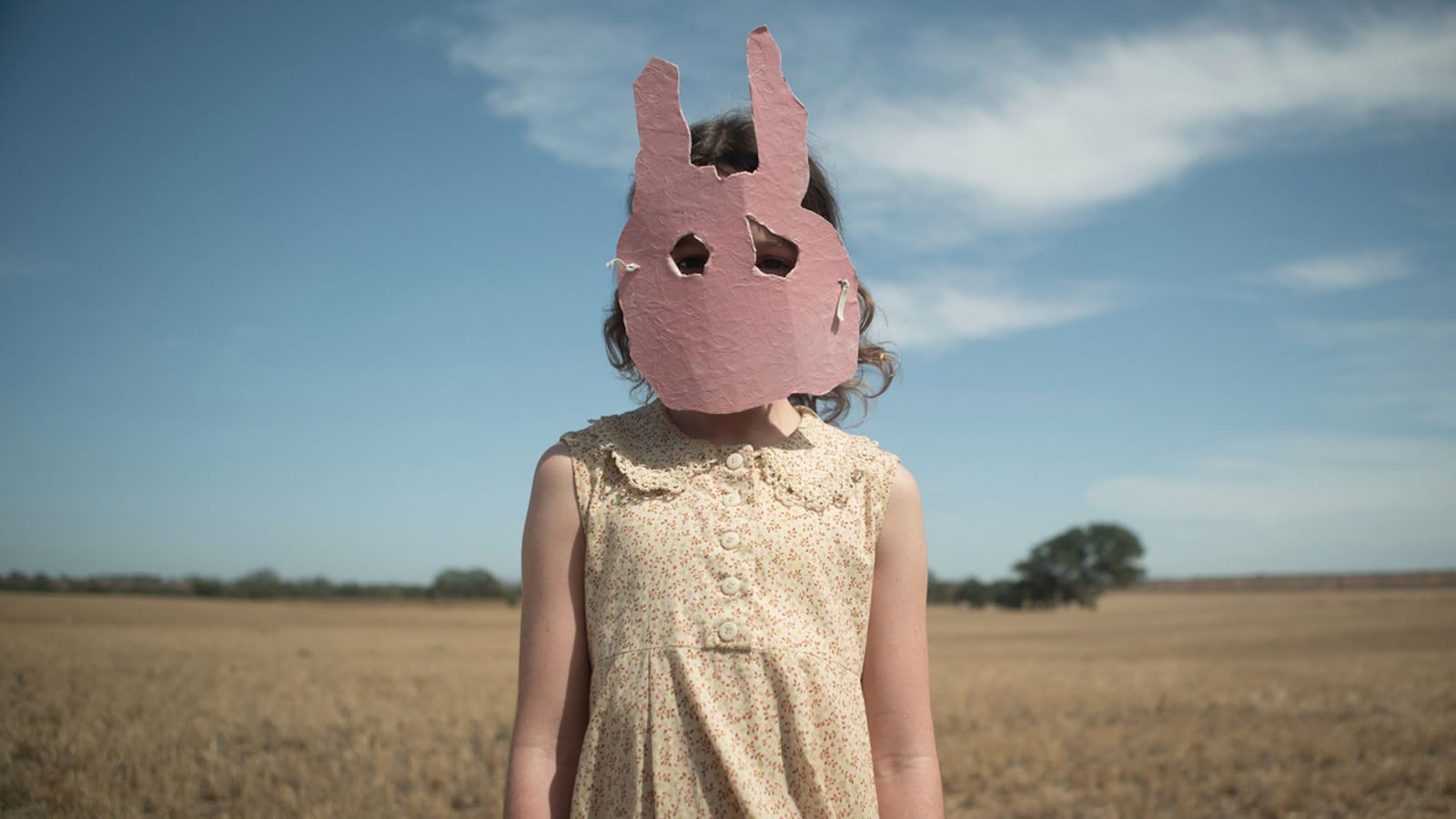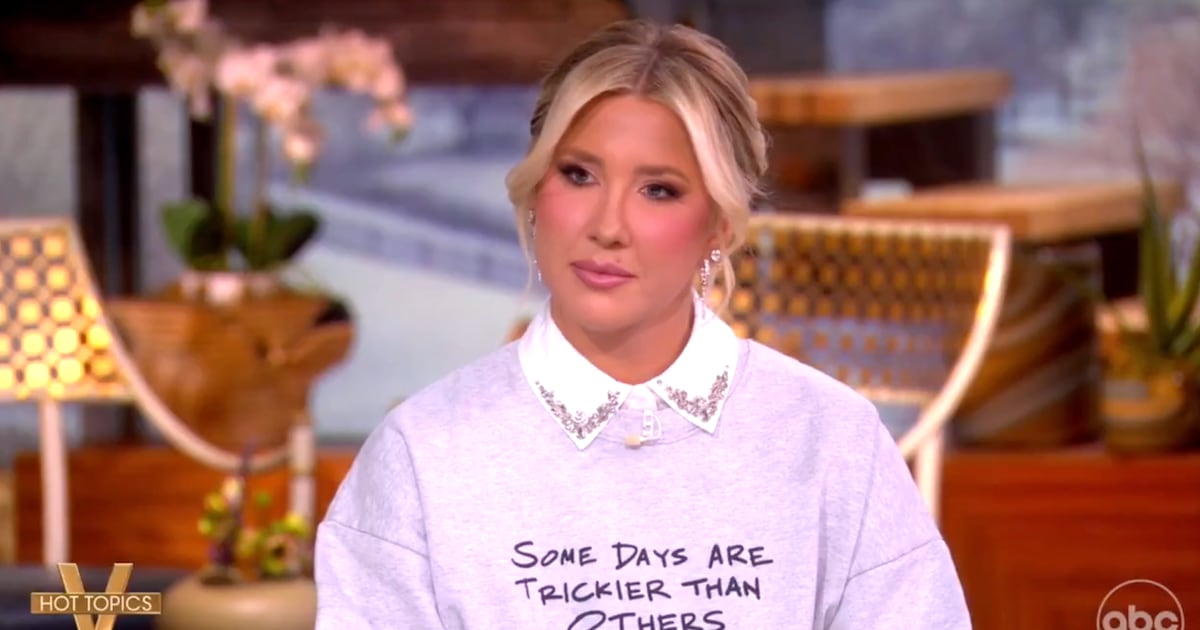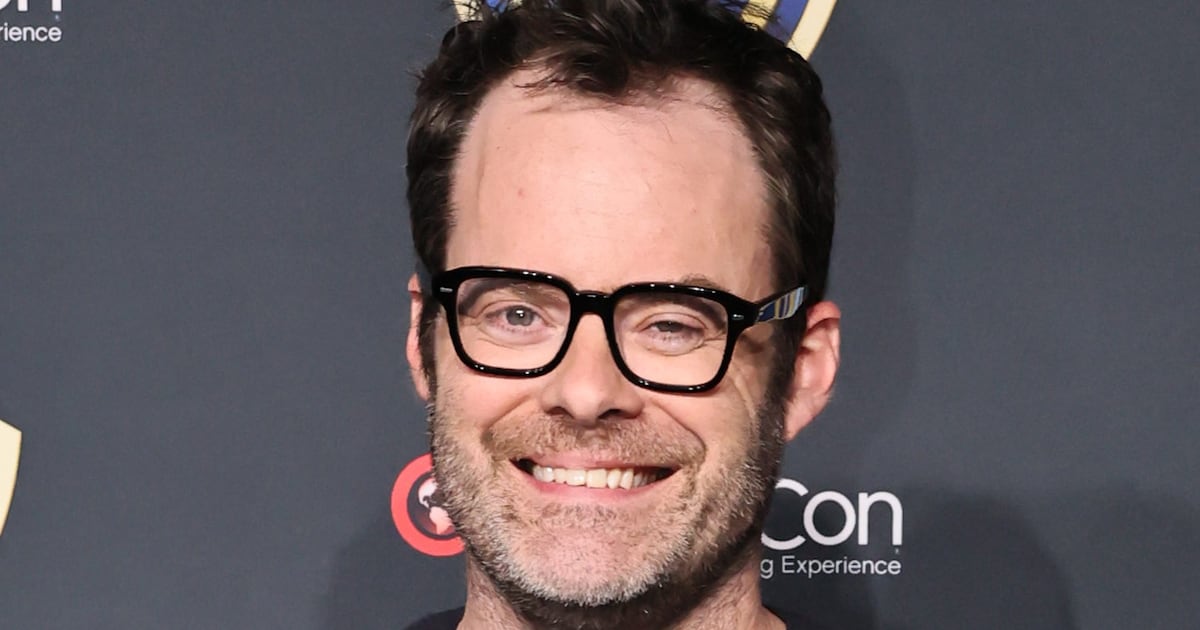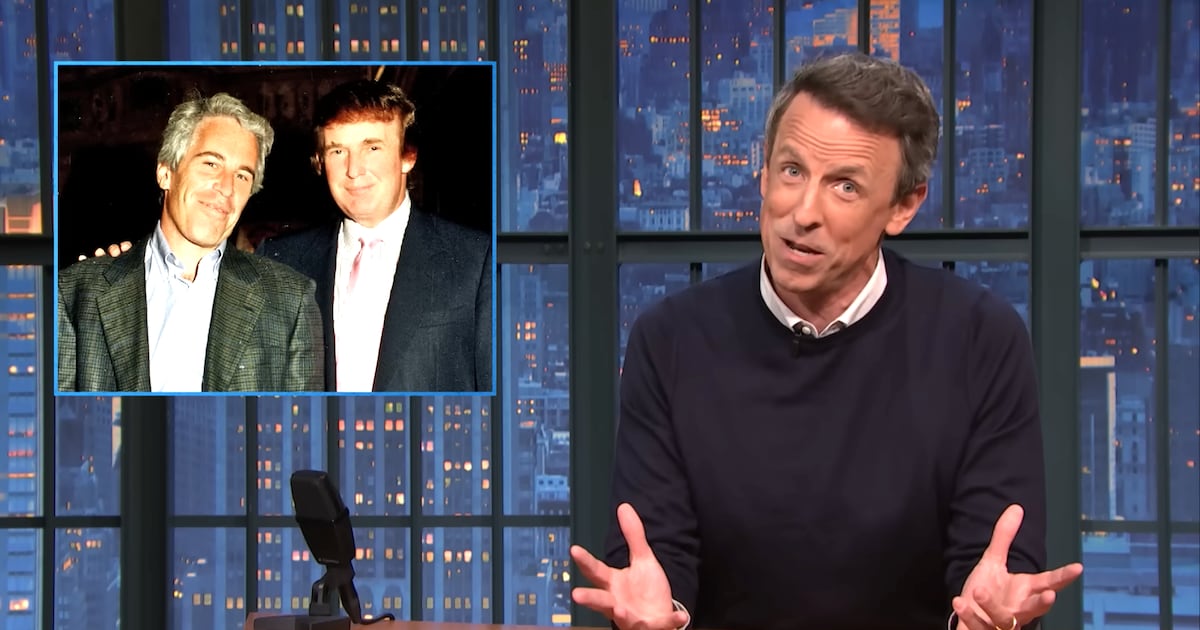If you know Sarah Snook as the slick shark Shiv Roy on the quintessentially American Succession, hearing her Australian tongue is jarring. Even in a movie like Run Rabbit Run, which takes place down under, Snook's natural intonations feel like a put-on, if only because she's so defined by the HBO series that has earned her two Emmy nominations.
This works in Snook's favor. Run Rabbit Run premiered at this year’s Sundance Film Festival, mere hours after becoming one of the lineup's first big acquisitions when Netflix bought the movie with plans to release it later this year. Industry observers have questioned Sundance's commercial power at a time when theatrical moviegoing is suffering, but the festival still produces hits.
Apple paid a reported $25 million for the Sundance opener CODA in 2021, and the crowd-pleaser went on to become the first streaming release to win the Oscar for Best Picture. Before that, Palm Springs, The Farewell, Late Night, The Big Sick, and Manchester by the Sea bucked speculation that Sundance's triumphant dealmaking days were waning. Run Rabbit Run’s early acquisition was a sign to the industry that Sundance’s titles still have the potential for mass appeal.
We'll probably never know how many Netflix subscribers hit play, but Run Rabbit Run will get to enjoy a healthy shelf life. The twisty psychological thriller introduces Snook as a tranquil fertility doctor named Sarah, content to sing "Happy Birthday to You" to her 7-year-old daughter (Lily LaTorre) and go about her prosaic life. Shiv Roy would never. Sarah has a stillness about her that counters Shiv's always-be-closing nerve.
Eventually that stillness unravels. Sarah seems to be handling her father's recent death fairly well, but something about little Mia turning 7 triggers a breakdown in both mother and daughter. We soon learn that's the age at which Sarah's sister disappeared, causing an eternal rift with her own mother (Greta Scacchi), who's now living with dementia in a nursing home and has never met Mia. Once a mysterious white rabbit shows up at Sarah and Mia's Melbourne doorstep, Mia's behavior grows increasingly hysterical. She obsesses over an old photo of Sarah and her sister, accuses Sarah of not being her real “mummy,” and starts drawing demented doodles at school.
Much of Run Rabbit Run, written by novelist Hannah Kent and directed by Daina Reed (The Handmaid's Tale), treads familiar horror terrain. There are sprinkles of The Babadook, Birth, and The Bad Seed, but the movie it most resembles is Relic, the 2020 indie about three intergenerational Australian women whose chilly family history coils through one haunted house. Relic and Run Rabbit Run both depict parents responsible for passing emotional wounds to their children, often without realizing it.
Mia is too young to comprehend the turmoil Sarah might face. Sarah herself doesn't seem to comprehend it. When Mia demands to be called Alice, the name of her mom’s dead sister (no wonder there's a rabbit), things get really dicey. Is Sarah projecting her own ghosts onto Mia, or is Mia proving to Sarah how mania-inducing motherhood can be? And why won't that damn bunny go away?

It's about trauma is the undercooked thematic spine of too many horror movies released in the last few years, parroting a buzzword that has eclipsed psychotherapy and become a shortcut for fiction longing to convey Deep Meaning. At least Run Rabbit Run—unlike Smile or the latest Halloween trilogy—keeps that subtext beneath the surface. The movie transcends most of its redundancies thanks to the ominous atmosphere Reed cultivates, landing a couple of ghastly fights along the way. She has assistance from a low-pitched score composed by Top of the Lake collaborators Mark Bradshaw and Marcus Whale.
Nothing would work without Snook’s performance, though. Run Rabbit Run was initially going to star Elisabeth Moss, who tends to bring a more feral quality to her roles. Sarah’s initial ease is key here. It’s the armor behind which she hides the anger and guilt that seep out as the movie nears its climax. In those emotions we see shades of Shiv emerge, confirming how excellent Snook is at portraying internalized rage.
This marks the start of a bright 2023 for Snook. Succession’s much-anticipated fourth season is slated to premiere this spring, picking up with Shiv’s oft-beleaguered husband, Tom (Matthew Macfadyen), having usurped her quest for control of the family’s company. (How’s that for familial trauma, a word Succession wouldn’t dare use in earnest?) Later this year, Snook will shoot The Beanie Bubble, an Apple movie about the surprisingly layered Beanie Baby craze of the '90s, alongside Elizabeth Banks, Zach Galifianakis, Geraldine Viswanathan, and Hacks' Carl Clemons-Hopkins.
Much of the Succession cast has already capitalized on the show's acclaim. Jeremy Strong is starring in Oscar-friendly movies like The Trial of the Chicago 7and Armageddon Time, Kieran Culkin hosted Saturday Night Live in 2021, Nicholas Braun has parlayed his breakout fame into a variety of eclectic gigs like Zola and Sundance's Cat Person, and J. Smith-Cameron is finally getting the recognition she has long deserved. Snook, previously best known for small parts in The Dressmaker and Steve Jobs, can join the club now, too. She is every bit their equal, with the buzzy festival hit to prove it.
Keep obsessing! Sign up for the Daily Beast’s Obsessed newsletter and follow us on Facebook, Twitter, Instagram and TikTok.






